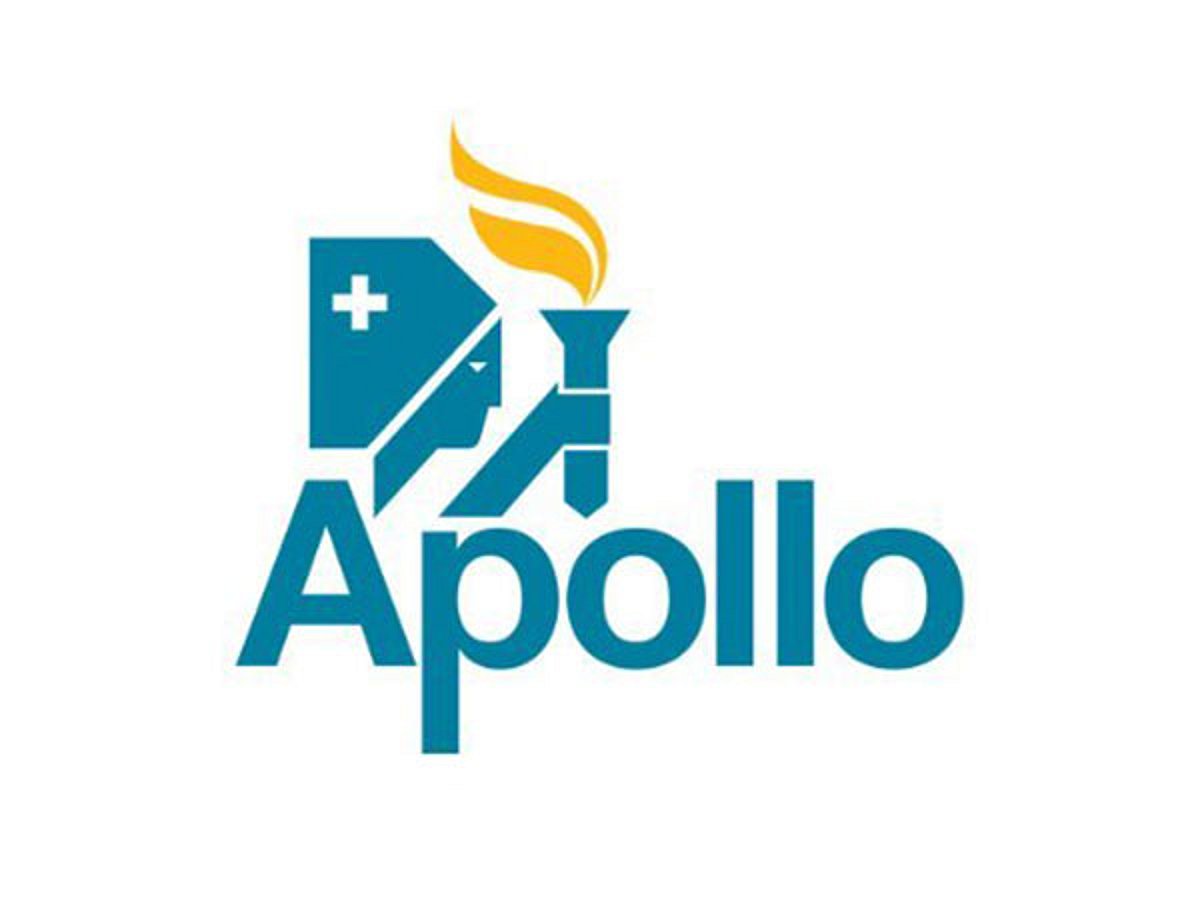Chennai: Apollo Cancer Centres (ACC), one of India’s foremost cancer care networks, is leading the charge during Hereditary Cancer Awareness Week to highlight the critical importance of recognizing hereditary cancers. The focus is on to emphasize early detection through genetic testing and proactive screening, aiming to educate families, empower high-risk individuals, and underscore how timely intervention can save lives.
Hereditary cancers arise from inherited gene mutations passed from parents to children, which increase, but do not confirm, the risk of developing cancer. These mutations disrupt genes responsible for cell growth, repair, and tumour suppression. Globally, hereditary cancers account for 5–10% of all cancers (PMC.NCBI), while most are caused by lifestyle, environmental factors, or random mutations. Common hereditary cancer syndromes include Hereditary Breast and Ovarian Cancer (HBOC), Lynch syndrome, and Familial Adenomatous Polyposis.
In India, breast cancer accounted for 1,78,361 cases and ovarian cancer for 45,701 cases in 2020 (Globocan Report). Over 10% of these are linked to BRCA1 and BRCA2 mutations, with prevalence across Indian studies ranging from 2.9% to 28% (IJMIO). Other gene mutations linked to HBOC remain underreported. Lynch syndrome, which causes 2–3% of colorectal cancers (ScienceDirect), is also associated with elevated risks of cancers in the endometrium, stomach, pancreas, ovary, urinary tract, and more. Familial Adenomatous Polyposis (FAP) is a rare inherited condition causing numerous colon polyps and a near-certain risk of colorectal cancer by age 40, with limited data available in India (NCBI).
Against this backdrop, ACC Chennai recently treated a remarkable case of familial clustering where four members of a single family from Guwahati, spanning two generations, were diagnosed with cancers linked to Lynch syndrome.

